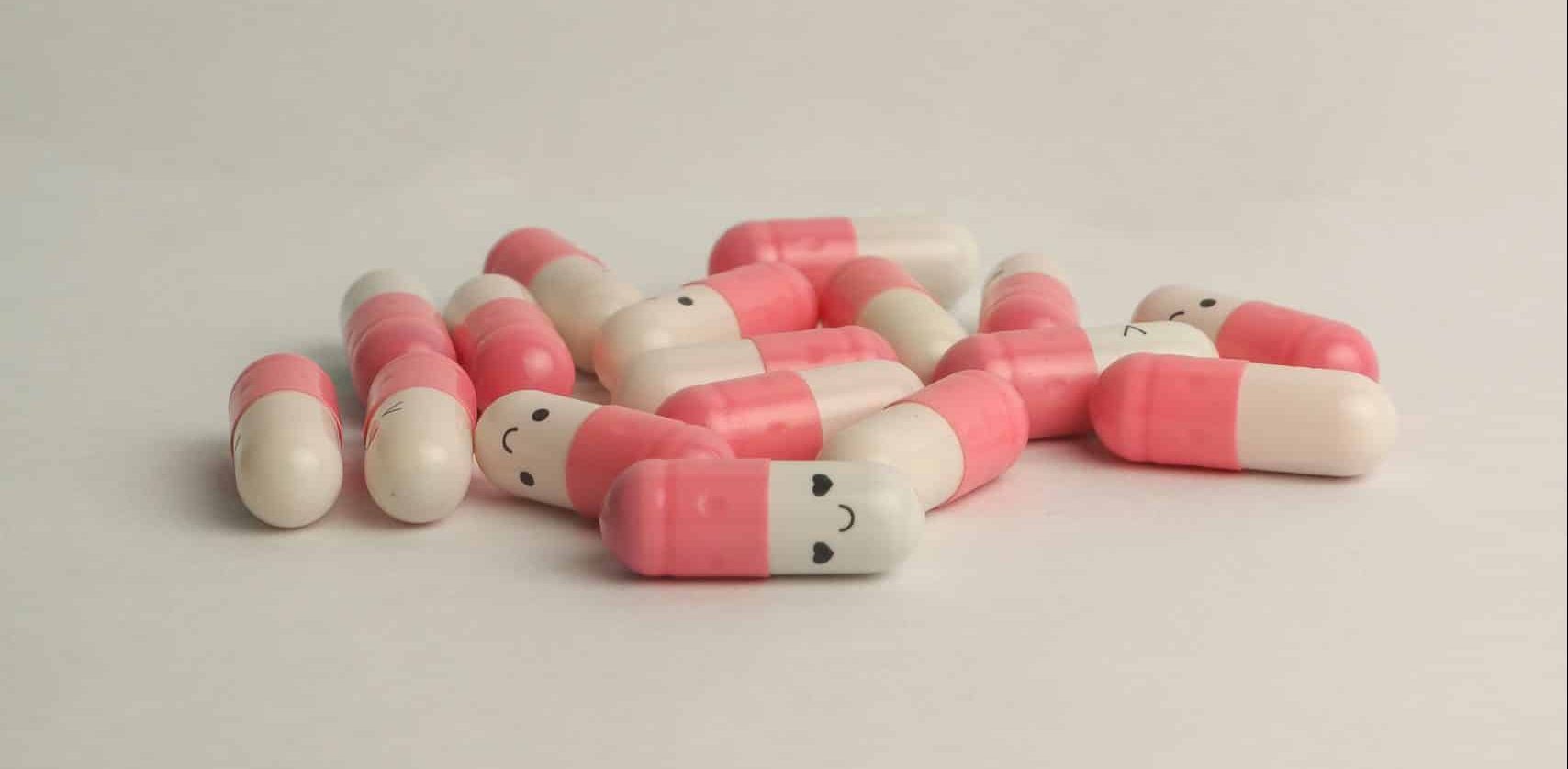 Nada Khan is an Exeter-based NIHR Academic Clinical Fellow in general practice and GPST4/registrar, and an Associate Editor at the BJGP. She is on Twitter: @nadafkhan
Nada Khan is an Exeter-based NIHR Academic Clinical Fellow in general practice and GPST4/registrar, and an Associate Editor at the BJGP. She is on Twitter: @nadafkhan
‘The brain struggling to understand the brain is society trying to explain itself.’
Colin Blakemore, Mechanics of the Mind
In a recent umbrella review (a systematic review of systematic reviews), Moncreiff et al …find little evidence to support the theory that depression is caused (solely) by low serotonin activity or concentrations.
Is there any scientific mystery greater than the brain? Neuroscientists look to different models to explain how a 3-pound piece of fat and water creates emotions. Mood, and mood disorders, are multi-factorial and a result of interactions between the stressors we experience, our environment, our genes, and our little understood brain. What do we really understand about depression? In a recent umbrella review (a systematic review of systematic reviews), Moncreiff et al take a critical look at the serotonin theory of depression, and find little evidence to support the theory that depression is caused (solely) by low serotonin activity or concentrations.1 In many ways, this is not a surprising or pioneering finding; the serotonin theory has already been debunked. Despite this, antidepressant prescribing rates have increased substantially over the past 20 years.2
There are two separate, but related issues at play here. The first is our understanding about the aetiology of depression. The second is understanding why we prescribe antidepressants. The therapeutic leap is whether our understanding of the aetiology of depression is linked to prescribing antidepressants.
It is simplistic to say that depression is caused alone by low serotonin levels, and this is acknowledged in NHS information about how SSRIs work. The review by Moncrieff cites a very small (n=66) study of what GPs believe as the causal factors in depression. The majority of GPs in this very small sample felt that social causes contributed more than bio-genetic causes, and that the least commonly endorsed cause was a ‘chemical imbalance’. This seems to go against how this paper is cited in the umbrella review which states that ‘many GPs also subscribe to this view’ that depression is caused by a ‘chemical imbalance’.3 Similarly, in a qualitative study of south London GPs, nurses and counsellors, most subscribed to a psychosocial model of the causes of depression. Consequently, GPs felt hesitant about offering medication to address what they believed to be the consequence of loneliness and social isolation in older people.4 Amongst patients, stress, environment and psychological causes are cited as the most common causes of depression across different cultures.5 Our understanding of the aetiology of depression acknowledges the complex factors at play.
The therapeutic leap is whether our understanding of the aetiology of depression is linked to prescribing antidepressants.
Trial evidence suggests that antidepressants are more effective than placebo in adults with major depressive disorder and this evidence contributes to the NICE guidelines that recommend antidepressant prescribing in moderate and severe depression.6 The quality of the evidence base is problematic; many of the trials looking at the effects of antidepressants have a high or unclear risk of bias and are difficult to generalise due to tight inclusion criteria. The NICE model of guideline development, which focusses on primarily a medical model and favours clinical trial evidence, can underplay the psychosocial causes and management of disease. The manner in which GPs practice acknowledges this complexity. Qualitative research has highlighted that treating depression is not seen as a simple task by GPs due to the ‘complex interaction of normal life events, relationships, social and environmental pressures’.7 Antidepressants are only one aspect of that treatment.
Coming back to that therapeutic leap: GPs prescribing habits in depression are probably not always linked to our understanding about the aetiology of disease. GPs justify the use of medication not solely on basic molecular pharmacology, but based on their experience and knowledge, patient preferences, guidelines and current evidence. Antidepressants are not the ‘easy option’, and decisions to prescribe can be influenced by additional factors such as a limited time to talk to patients and lack of access to psychological treatment.8 Just like the heterogenous condition it is aiming to treat, antidepressants likely have a complex effect on patients due to their psychoactive properties and from the therapeutic ritual of its prescribing.
When a patient asks us, ‘how does it work?’, what are we meant to tell them? You could try an approach of full disclosure. Depression is multifactorial and not the same disease for any two people. Some people find that antidepressants work for them. Other people find that they don’t work, and some people experience side effects. The research evidence around antidepressants is mixed but overall there may be some benefits, although we don’t understand exactly the reasons why antidepressants work. It is your choice to decide whether or not you want to try this and see if it works well for you.
Whether the serotonin theory holds water or not, antidepressants continue to be used as a therapeutic option in depression. I’m not sure there is enough evidence to understand fully how antidepressants work, but it is up to GPs and patients to weigh up this mystery, along with the risks and benefits, when coming to a therapeutic decision.
References
- Moncrieff J, Cooper RE, Stockmann T, Amendola S, Hengartner MP, Horowitz MA. The serotonin theory of depression: a systematic umbrella review of the evidence. Mol Psychiatry. 2022.
- Bogowicz P, Curtis HJ, Walker AJ, Cowen P, Geddes J, Goldacre B. Trends and variation in antidepressant prescribing in English primary care: a retrospective longitudinal study. BJGP Open. 2021;5(4).
- Read J, Renton J, Harrop C, Geekie J, Dowrick C. A survey of UK general practitioners about depression, antidepressants and withdrawal: implementing the 2019 Public Health England report. Ther Adv Psychopharmacol. 2020;10:2045125320950124.
- Murray J, Banerjee S, Byng R, Tylee A, Bhugra D, Macdonald A. Primary care professionals’ perceptions of depression in older people: a qualitative study. Soc Sci Med. 2006;63(5):1363-73.
- Hagmayer Y, Engelmann N. Causal beliefs about depression in different cultural groups-what do cognitive psychological theories of causal learning and reasoning predict? Front Psychol. 2014;5:1303.
- Cipriani A, Furukawa TA, Salanti G, Chaimani A, Atkinson LZ, Ogawa Y, et al. Comparative Efficacy and Acceptability of 21 Antidepressant Drugs for the Acute Treatment of Adults With Major Depressive Disorder: A Systematic Review and Network Meta-Analysis. Focus (Am Psychiatr Publ). 2018;16(4):420-9.
- Johnson CF, Williams B, MacGillivray SA, Dougall NJ, Maxwell M. ‘Doing the right thing’: factors influencing GP prescribing of antidepressants and prescribed doses. BMC Fam Pract. 2017;18(1):72.
- Hyde J, Calnan M, Prior L, Lewis G, Kessler D, Sharp D. A qualitative study exploring how GPs decide to prescribe antidepressants. Br J Gen Pract. 2005;55(519):755-62.




